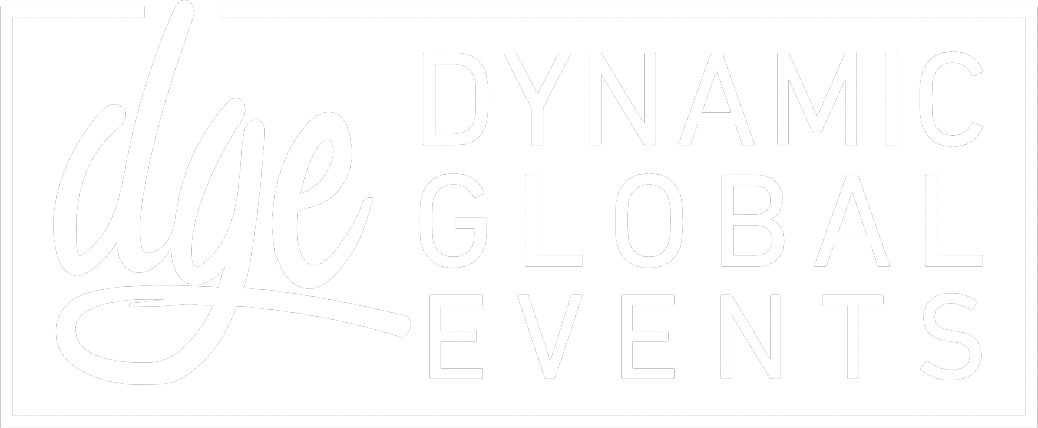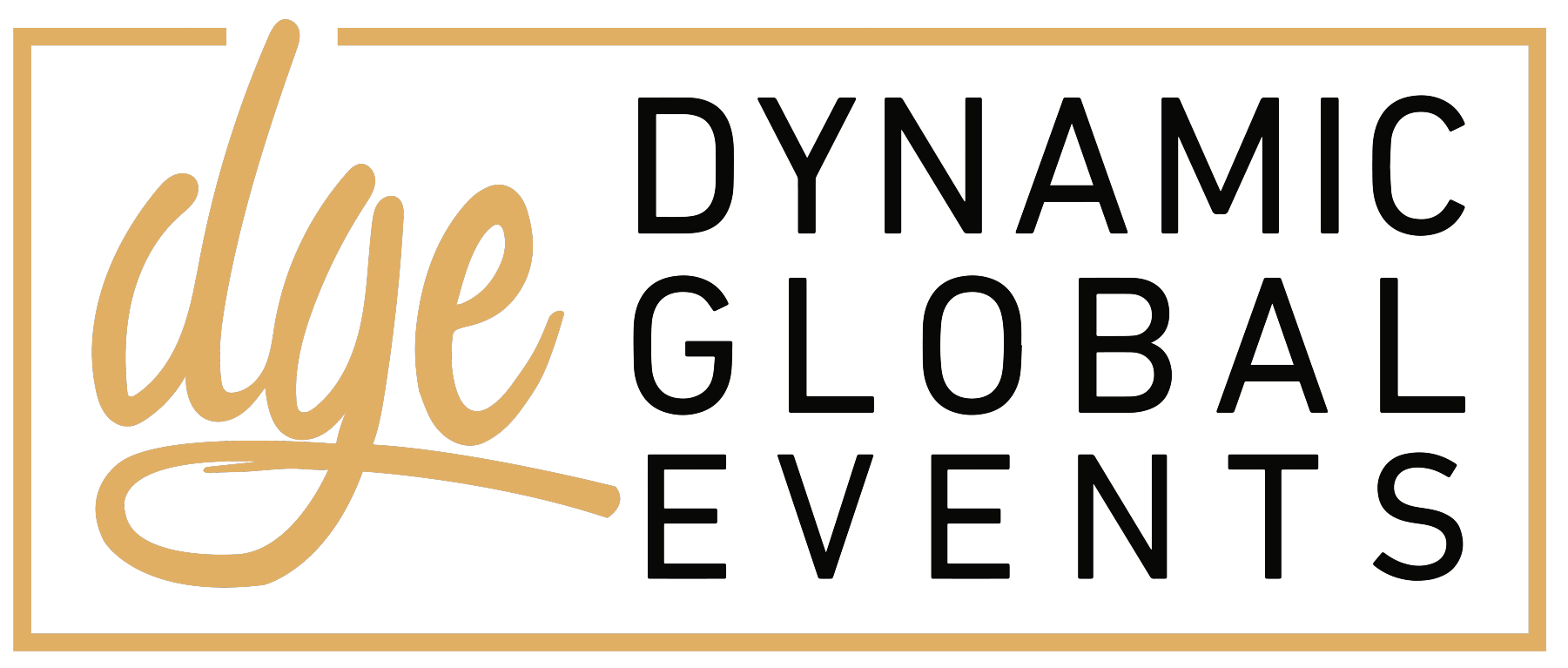“AI is a mysterious black box that will take your job!” Though it is normal to have some concerns about AI, medical affairs professionals are well-positioned to handle it because of the large amount of data they control. You don’t need additional years of training, and can quickly benefit by applying your current expertise.
- Separate realistic career and business impacts from rumors and hype
- Build confidence in what is ultimately a new toolkit for your existing workflow
- Lead your team to an understanding beyond 0’s and 1’s
Generative AI and Large Language Models are still a black box to many in pharma, with some asserting it is near sentience while others dismissing it as statistics and mimicry. Better understanding the roots of NLP makes clear how revolutionary current GenAI
models truly are.
- Appreciate the rapid advances of GenAI models based on LLMs
- Shape a realistic view of GenAI capabilities and limitations
- Use an informed understanding of AI mechanisms to keep expectations realistic
Of all the things you might have heard about AI thus far, “fun” might be the most surprising part. How have your teammates and competitors already started using it? What lessons and comforts can you get from that?
- Demonstrate and distinguish simple, intermediate, and advanced real-world applications
- Compare and contrast the technology platforms involved thus far
- Build “Wow”-arguments to help inspire your direct-reports
- Review a dedicated use case on data architecture
If you don’t ask the right questions, AI can’t give you right answers. We begin full audience participation in order to focus on the must-have features of AI prompts under the CLEAR-IT framework
- Highlight characteristics of bad, good, and great prompts
- Distinguish between NLP and Gen-AI applications
- Gather group input on what goes into good prompts
Sit at an AI workstation and start to face your biggest questions about your day-to-day projects, with expert facilitators available for non-judgmental help. This session focuses on a Task Analysis Exercise that targets where GenAI can enhance efficiency throughout your workflow. What are the key tools for evaluating whether a task is AI-suitable? Working groups will each report back and share key learnings so all participants will be ready for the Advanced workshop tomorrow!
- Quickly identify which tasks can – and cannot – be supported by GenAI
- Get a feel for how much time these tools require – and how much time they can save for you
- Recognize what successful GPT use looks like in your workflow
- Clarify the criteria that go into AI adoption under the 6 Quick Decision framework
- Build a personalized plan to position AI use for team members and upper management
- Field Medical Planning & HCP Engagement
- KOL Insights & Medical Strategy
- Publication Planning & Literature
- Medical Information
Separate working groups will cover:
 Carl de LucaDirector, Insights and Data Analytics - Oncology Field Medical AffairsREGENERON
Carl de LucaDirector, Insights and Data Analytics - Oncology Field Medical AffairsREGENERON Anjali MishraSenior Director, Medical Analytics & IntelligenceDAIICHI SANKYO
Anjali MishraSenior Director, Medical Analytics & IntelligenceDAIICHI SANKYO Vivek MukhatyarGenerative AI Medical Engagement LeadPFIZER
Vivek MukhatyarGenerative AI Medical Engagement LeadPFIZER Chimene RichaMedical Education Outcomes LeadASTRAZENECA
Chimene RichaMedical Education Outcomes LeadASTRAZENECA Pooja SmithProject Manager, Global Medical AffairsBIOMERIEUX
Pooja SmithProject Manager, Global Medical AffairsBIOMERIEUX
- Highlight the differences between GPT and more advanced applications
- Recognize which tools and platforms have next-level, rarely-seen steps
Once you can recognize the features and uses of advanced AI, you need to build the skills for clearly spotting where it is most helpful and which problems would benefit from it. Prioritize the most compelling arguments for getting managerial buy-in for the most impactful long-term tools.
- Map future project growth
- Pinpoint the steps most essential for AI tool use
- Learn to treat failures as iteration opportunities – and carefully track all changes
Applications far beyond standard GPT tools can have more impact on your workflow, but are less-known and require more detailed input. Detailed use cases help illustrate how quickly these can take effect when used correctly.
As budgets are increasingly scrutinized and cutbacks are relentless, it can be especially difficult to quantify and demonstrate the value and impact of a Medical Affairs team. With the proper AI and machine learning tools added to your CRM, you will be better prepared to quantify the ROI of your team's educational outreach - and to justify the budgetary consequences of your strategic and tactical plan to executive management
- Train MSLs to consistently and systematically describe their insights in the CRM
- Operationalize your CRM to find clear trends and changes in diagnoses in real-time
- Point out these AI-compiled diagnosis change patterns of ultra-rare diseases to ultimately demonstrate a positive impact on patient care through a Medical Affairs team’s KOL engagement and educational initiatives
Sit at an AI workstation and start to face your biggest questions about your day-to-day projects, with expert facilitators available for non-judgmental help. This session focuses on mapping out the business use case for advanced AI in your team, and then on the hands-on use of these advanced tools across relevant use cases in order to understand how they will come to be included in the future of medical affairs. Working groups will each report back and share key learnings so all participants will be prepared to deploy advanced AI in their organizations
- Identify opportunities within your team to use advanced AI
- Create a strong business case that these tools can solve core challenges for your team
- Get a feel for advanced AI tools and their practical applications
- Compare and contrast best practices on advanced AI vs prompt-only GPT tools
- Field Medical Planning & HCP Engagement
- KOL Insights & Medical Strategy
- Publication Planning & Literature
- Medical Information
Separate working groups will cover:















